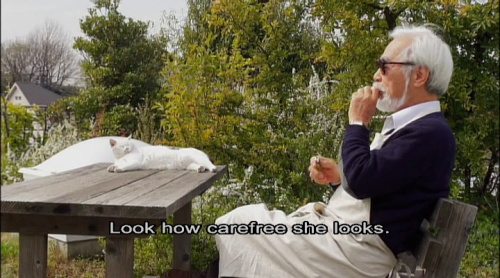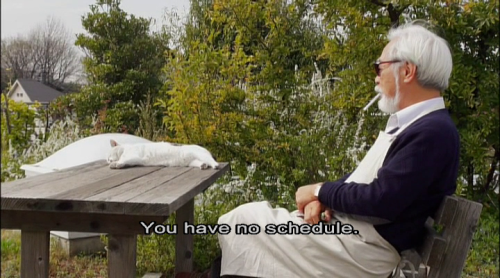

The more I work to stay aware of what it is I am doing, the more I realize how important it is to keep track of how much time activities take, how long you allot for them (that is, you must limit the amount of time you will allow things to take – à la Parkinson’s law, and you must realize what the impact is of the time taken on other activities, specifically scarcity of future available resources – time or willpower.
I recently finished How to Become a Straight-A Student, by Cal Newport, whose Study Hacks blog I’ve been a fan of for some time. Interesting read, but one thing that struck me was that this didn’t describe a actually significant decrease in the amount of time required for the learning process (studying, taking tests or notes, writing/presenting).
This is my observation rather than Cal’s statement, but it seems like the way it works is not that these processes actually take less time, but they are more efficient in the long-term because they are less likely to falter. That is to say, for project X, if it would take 2 hours to complete if all goes well, or 3 hours if you follow a rigorous linear process, the 2 hours is preferable. However, if all does not go well, and the project takes 4 hours, you would have been better off with the process-focused methodology. So it’s a bit of a gamble to just try without a system – though success can occur organically. On average, if you follow a system you come out at least the same (following the assumptions laid out above).
There are two things that can modify this to make systematization more efficient. One, practice – if you practice a system, you will become more efficient at its use and being able to flow through the stages of a system. So perhaps your system will take 2 hours instead of 3 hours and then the system wins hands-down. But, this requires time and consistency of action. Secondly, intuition – if you create a high enough level system, you will be able to intuit the system and it becomes again like the organic process.
True memorization is more like developing intuition. It’s less like you intellectually remember something, and more like you feel it.
So in Straight-A Student, it struck me that this would not be a process to do more work in less time, it may actually be the same amount of work in more time and it absolutely relies on repetition and duration to make that worthwhile. However, past unscalable efficiency there are several improvements from this system other than speed: a) the information gathered may be able to be connected to emotionally though the additional passage of time and un-consolidation of the process and thus better learned (whihc again improves efficiency over a long-term scale (logarithmically?), and b) the process is overall less fraught, thus reducing overall stress induced by life and allowing, again, you to connect more openly and emotionally with the subject matter and other areas of your life with more subjectivity because you are not draining your willpower.
I didn’t used to really buy into the idea that willpower was a limited resource (apparently called “ego depletion,” but in this context, it’s started to make a lot more sense to me. It’s almost as if willpower isn’t itself substantive, but if it is absent (depleted), that absence is apparent. It’s more of a limiter than a condition. In a game or data sense this makes a lot of sense, but I think it’s not something that we consider regularly in everyday life.
Thus, if we can reduce the amount of ego depletion we incur while going about regular activities, it’s as if you’re playing a video game on “god mode” – it’s not a cheat in that you know what steps you need to beat the level, it’s just that you now have unlimited resources. Now, unlimited is a stretch for being in the process itself, but part of the Straight-A diction focuses on the fact that it’s not all about getting straight A’s – you want to/get to/should party and date and do “fun” stuff. Both parts are necessary to the system as a whole, so in any one part of the process (work/play) you are absent the other, but they are not binary as in good versus evil, it’s more of a black and white duality, rather like a yin yang. You engage in each part of the process, over time, and using time to balance – on both sides – is the winning strategy behind this solution.
 ng on a project I’m calling “Alchemy.” I’m hoping, that with some diligence and some time, I will be able to develop and utilize this system for project completion for myself as sort of an alpha/beta test and then, eventually, as I develop my programming knowledge, I will be able to make an actual computer program for it. Nothing too fancy – very function over form, but I’m thinking something with a dashboard as well as a Mac-ish minimalist aesthetic rather than the old-school and too-many-things-to-screw-up DOS-look that a lot of functional programs (like
ng on a project I’m calling “Alchemy.” I’m hoping, that with some diligence and some time, I will be able to develop and utilize this system for project completion for myself as sort of an alpha/beta test and then, eventually, as I develop my programming knowledge, I will be able to make an actual computer program for it. Nothing too fancy – very function over form, but I’m thinking something with a dashboard as well as a Mac-ish minimalist aesthetic rather than the old-school and too-many-things-to-screw-up DOS-look that a lot of functional programs (like